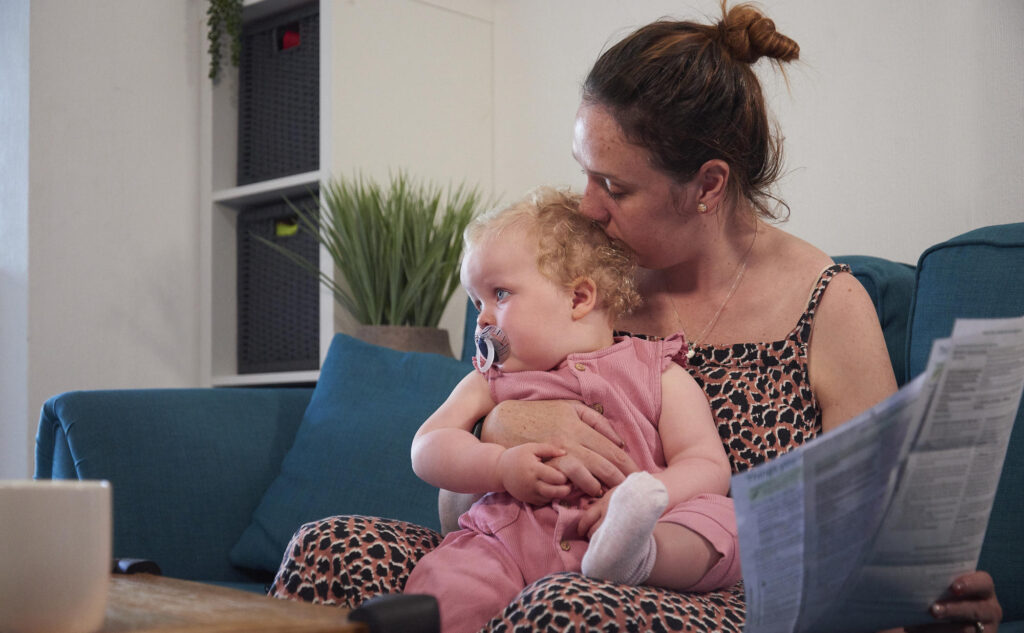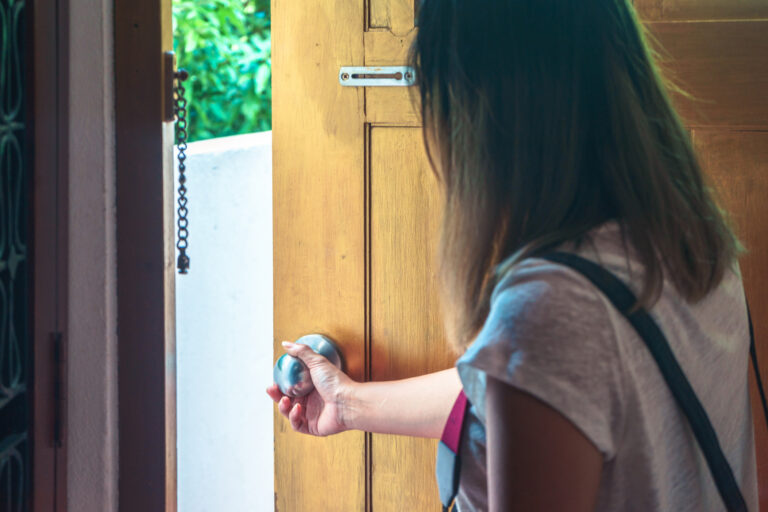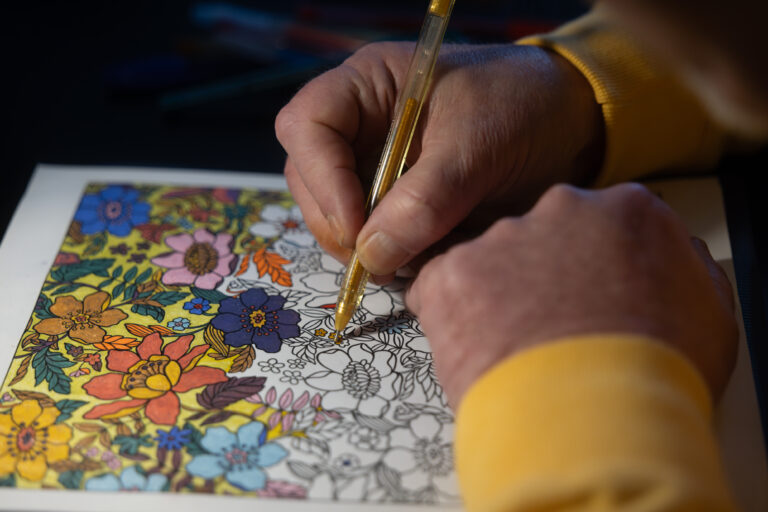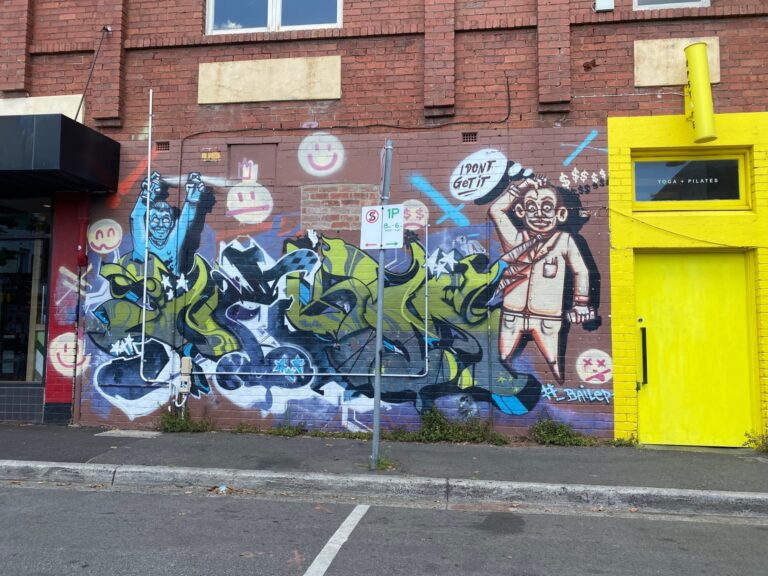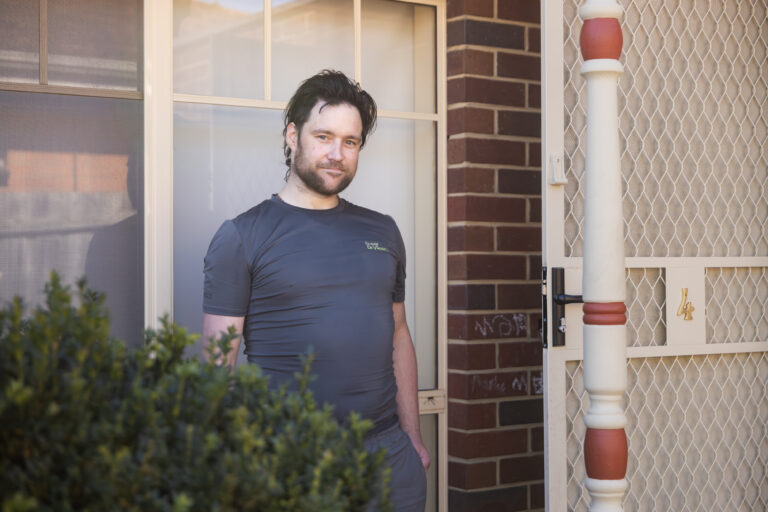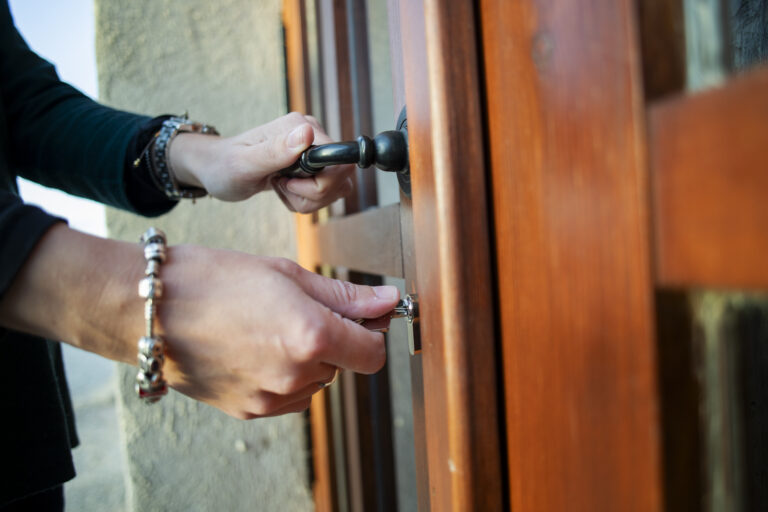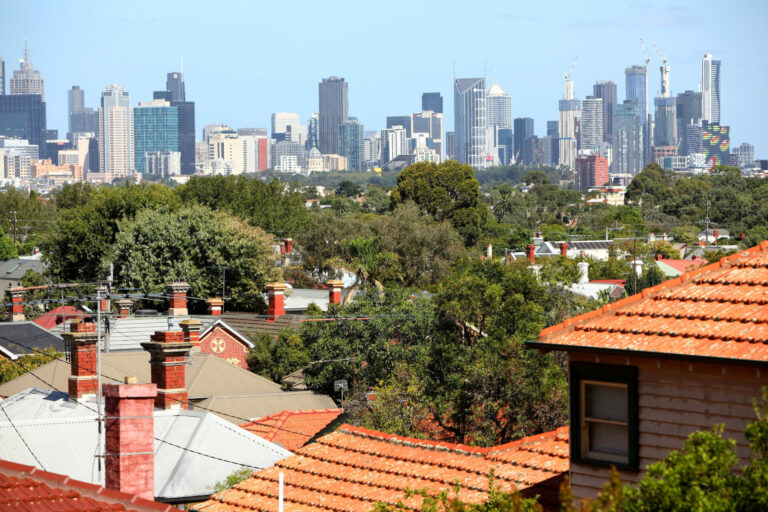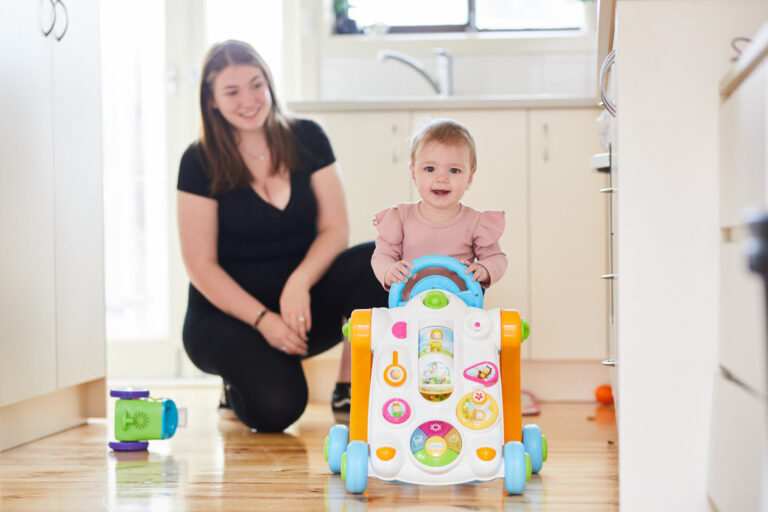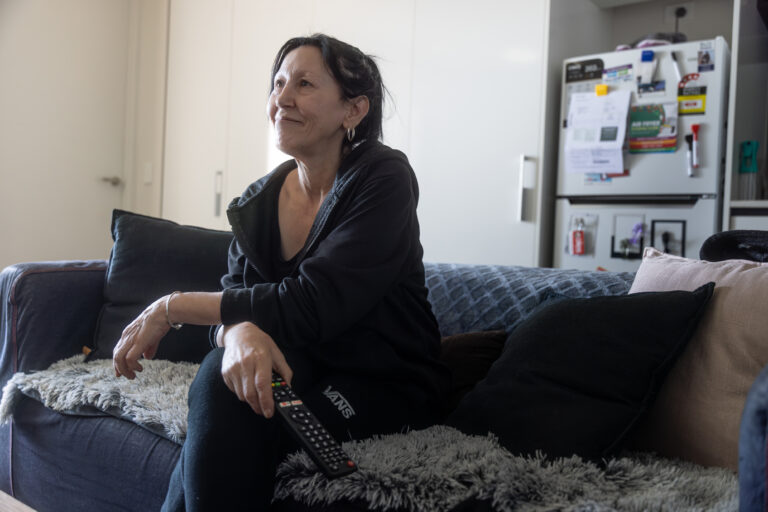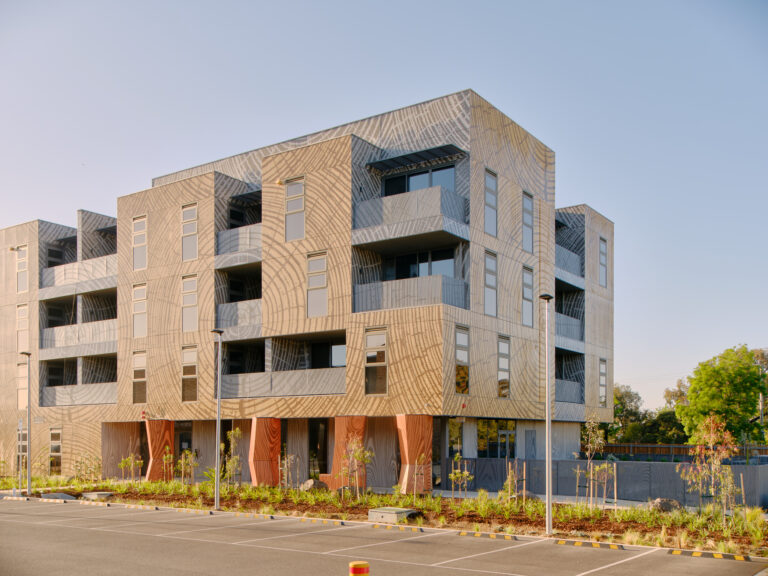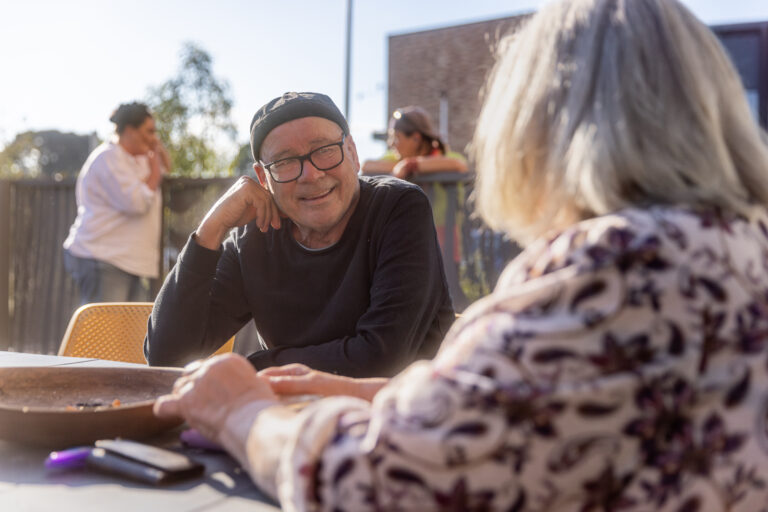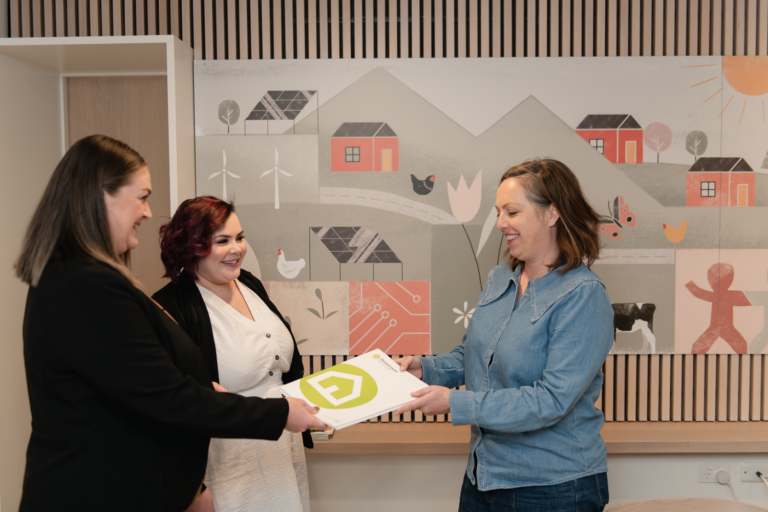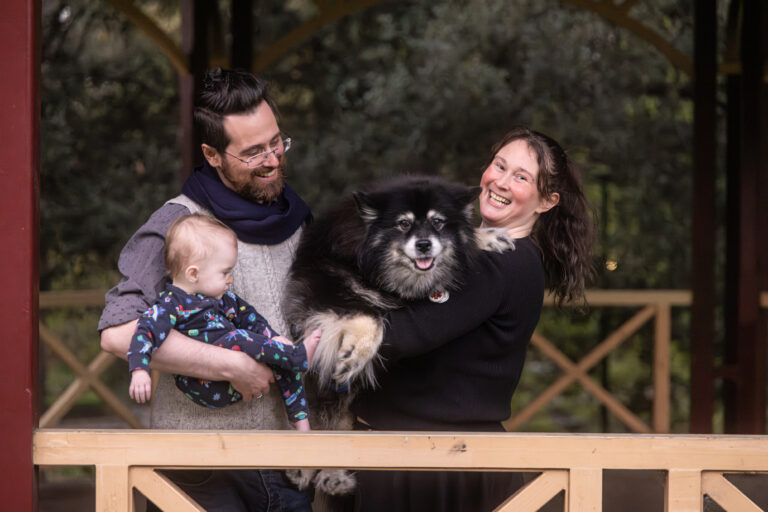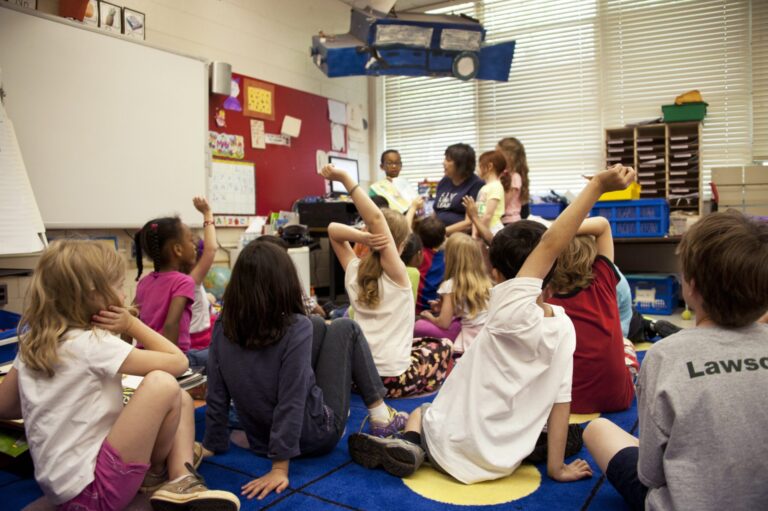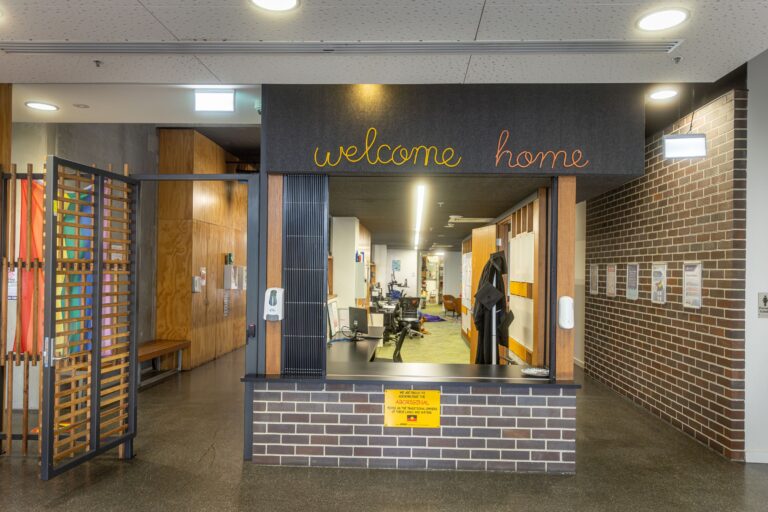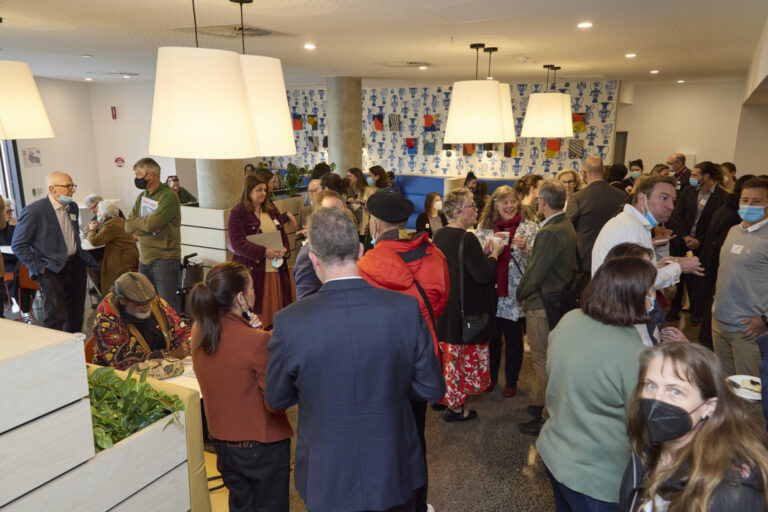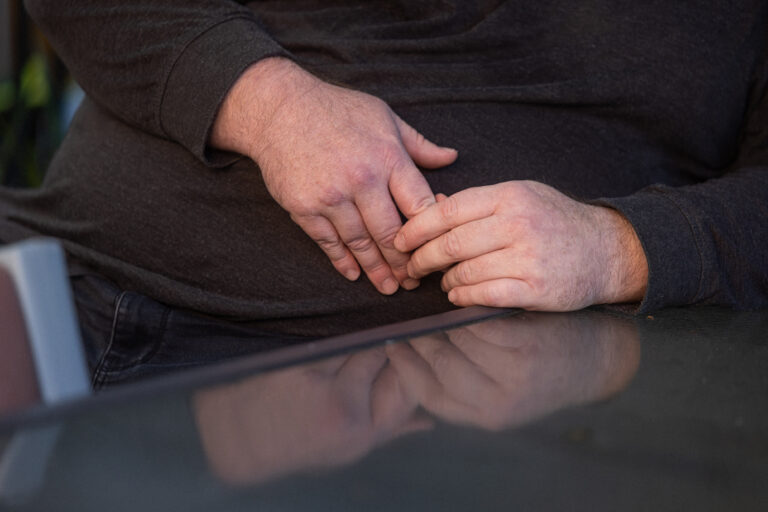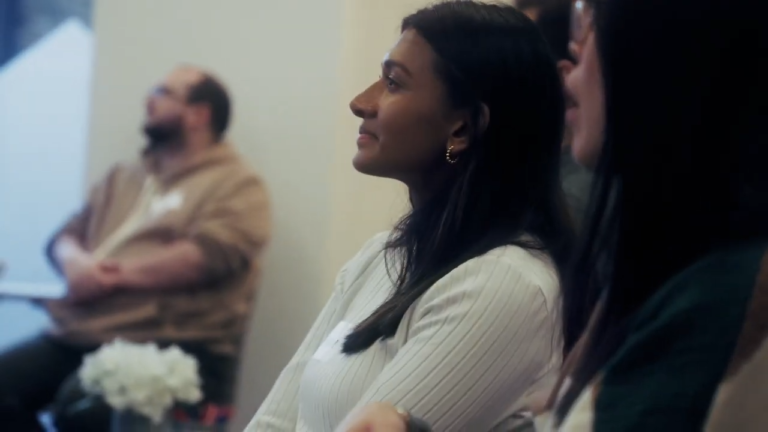

Acknowledgement of Country
We acknowledge the Traditional Owners of the lands on which we live and work. As we create safe and welcoming homes, we honour the people of the Kulin nation and their enduring connection to their home we call Naarm, Melbourne.
We pay our respects to all First Nations Elders, past and present.
It is important that we acknowledge that the contemporary housing experience of Aboriginal and Torres Strait Islander people cannot be separated from their historical experience of dispossession and dislocation. Aboriginal Victorians are over represented in the population experiencing homelessness, with census data confirming that Aboriginal Victorians experience homelessness at over five times the rate for non-Aboriginal people.
We support the development of a culturally safe Aboriginal housing and homelessness sector based on principles of self-determination and will continue to do what we can to help make this happen.
We are committed to understanding how our services are impacting Aboriginal clients, and from this year, where relevant, we have disaggregated our 10 Impact Measures to report Aboriginal client outcomes.
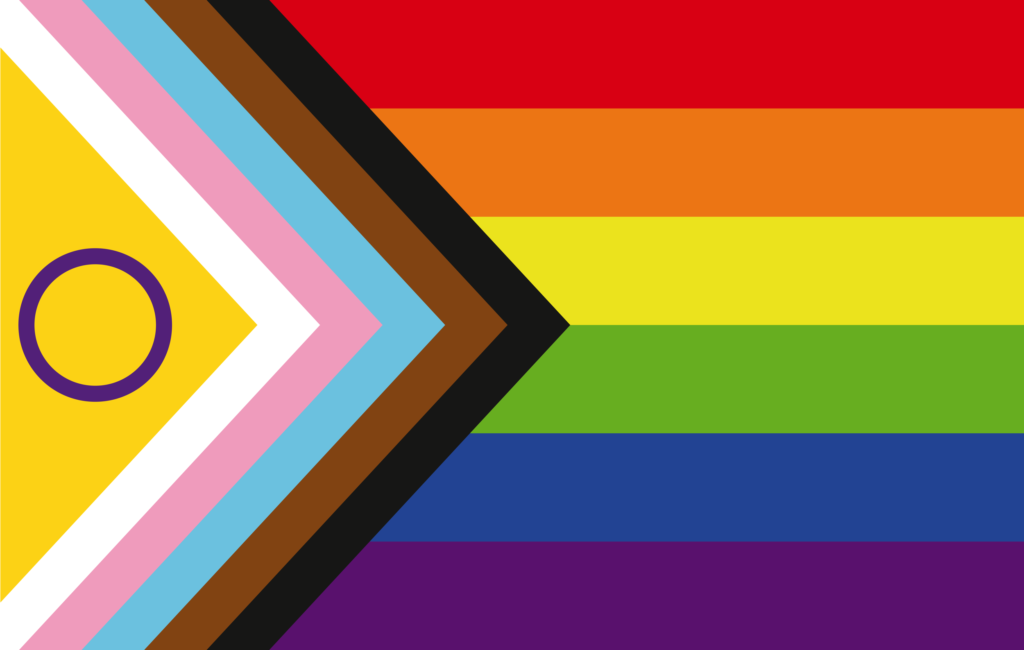
Inclusivity at Launch Housing
We are proud to be an inclusive organisation and support all efforts to build a more equal world, where individuals can live and work free from discrimination.

Child safety and wellbeing
Launch Housing is a Child Safe Organisation. We prioritise the health, safety and wellbeing of children and young people, and have a zero-tolerance approach to child abuse.
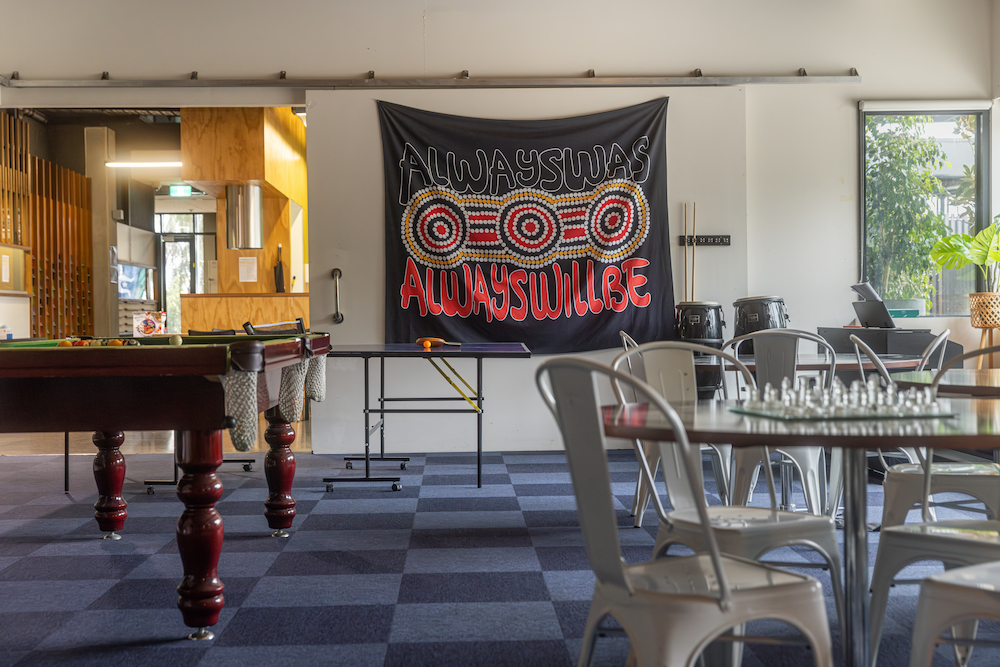
Welcome
Welcome to our 2023–24 Impact Report. We’re excited to share with you all the work we’ve done together this year to help end homelessness in Melbourne.
This year was particularly challenging for many Melbournians. Cost of living, housing and rental crises continued to put pressure on people and families. Rents have increased 14% over the last year, and vacancy rates are at near-record lows. It’s harder than ever to find affordable housing in Melbourne. At the same time, wait times for social housing have increased with more than 50,000 people currently without safe, secure and long-term housing.
Other factors combine to make accessing housing even more difficult for our most vulnerable community members. Family and domestic violence is a significant factor that forces many women, children and young people into homelessness or insecure housing. Women escaping family and domestic violence make up almost 40% of all people seeking homelessness services in Victoria. Mental and physical health concerns can also make it challenging for some people to secure and sustain a home, especially if they’ve experienced homelessness for extended periods.
Everyone deserves a safe night’s sleep. In this Impact Report, we demonstrate how we successfully pilot innovative programs, add to Melbourne’s social housing supply, and coordinate services across systems to help Melbournians get and keep their housing.
Measuring the impact of our work each year helps us to strengthen the evidence base we need to advocate for systems change and further investment in homelessness services that work and housing solutions for everyone.
Thank you to everyone that has worked with us, partnered with us and supported us this year. No single person or organisation can end homelessness alone, it is through partnerships and collective action that we drive impact and change. Please take the time to read about the impact you have helped make.

2023–2024
Our year at a glance
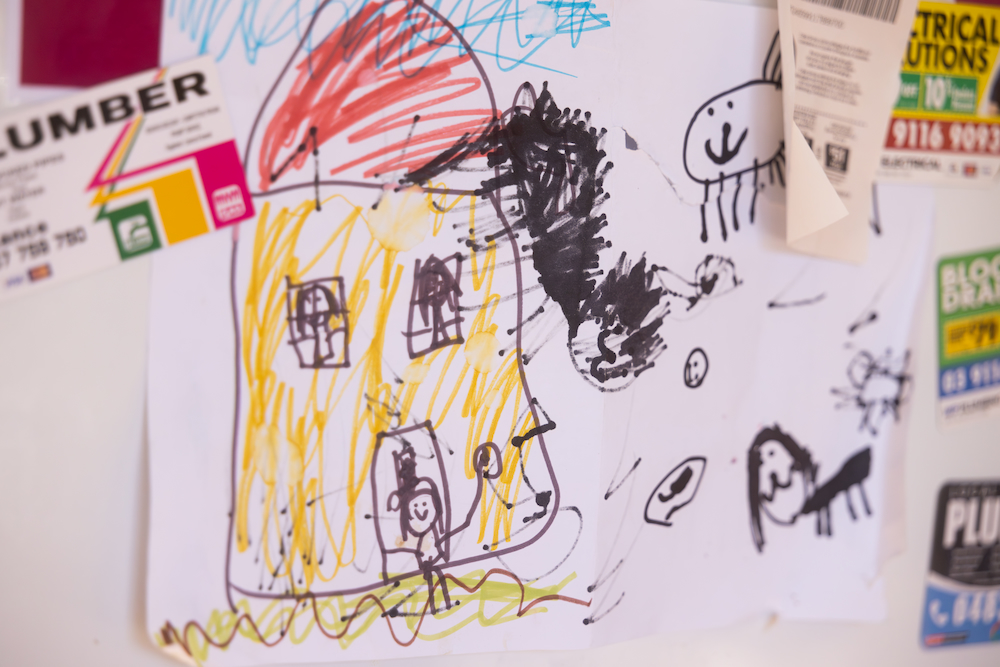
Launch Housing Theory of Change
OUR APPROACH CREATES CHANGE
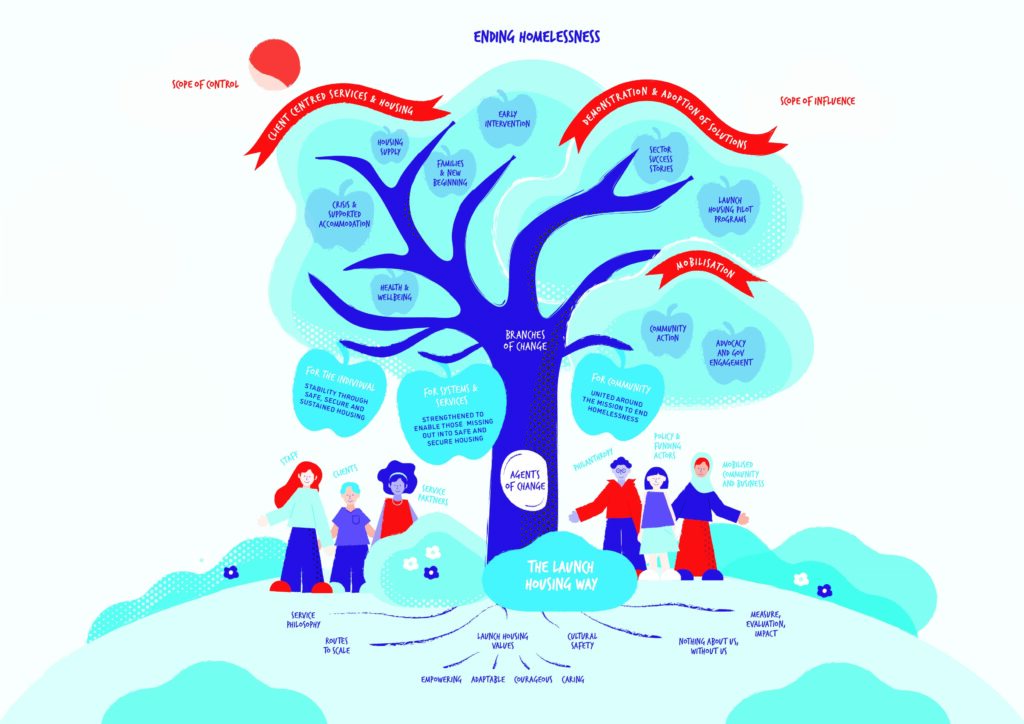
At Launch Housing, we believe homelessness is unacceptable, avoidable, and within our reach to solve. Our refreshed Theory of Change underpins our impact measures, reflecting how our work creates change as we progress towards ending homelessness in Melbourne. Learn more through the links to the right.
Focus areas
Families and New Beginnings
Health and Wellbeing
Culturally Safe Services
Our Staff are Key to Client Care
Impact measures
Helping us bring our Theory of Change to life by defining measures of success.
This year we reviewed and refined our impact measures to better track our performance and improve our services supporting people in their journey out of homelessness.
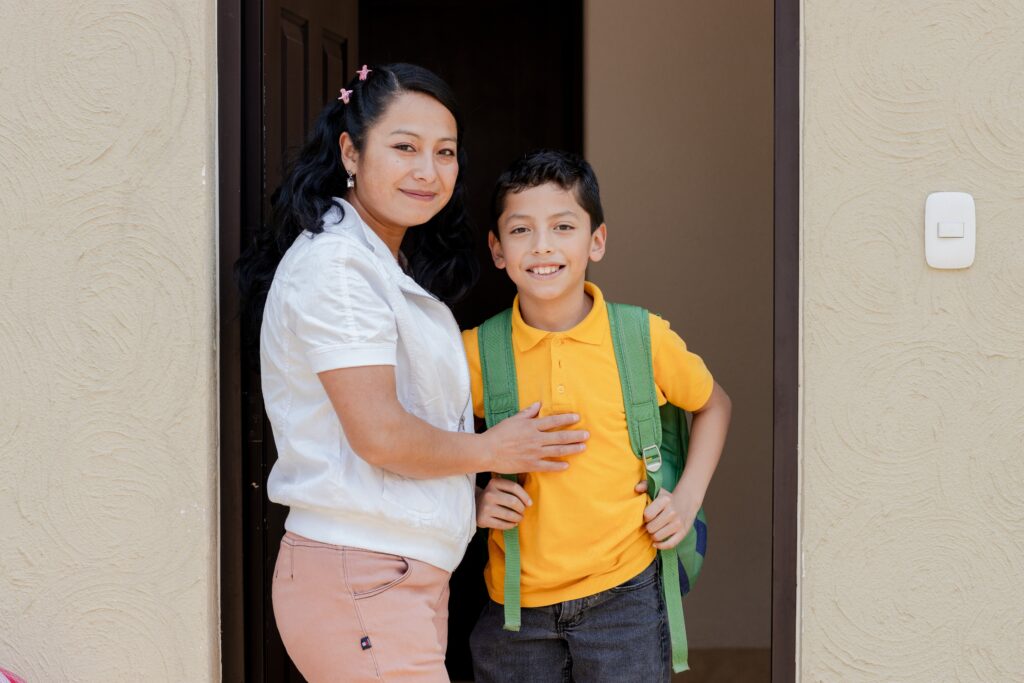
1
Increase in number of high acuity clients with secure housing
Summary
- For clients with very complex needs, securing housing is instrumental in their journey out of homelessness.
2
Increase in number of clients with secure housing on exit from a Launch Housing support program
Summary
- Clients can access a range of housing and support programs at Launch Housing, from preventative support, intensive wrap-around support, and long-term case management. Clients leaving our support programs with safe and secure housing is one of the primary goals we work towards.
3
Increase in number of clients financially assisted to establish or sustain tenancies
Summary
- We help keep people in housing by providing financial assistance to renters and people at risk of homelessness. Programs like our Private Rental Assistance Program (PRAP) and PRAP Plus provide financial support that prevents renters entering into homelessness.
4
Exits from rough sleeping into housing exceed the number of new people sleeping rough
Summary
- Launch Housing has always prioritised support to people sleeping rough. Our Advance to Zero and Assertive Outreach teams are supporting people with a long history of sleeping rough into housing.
5
Increase in number of clients who sustain tenancies in long-term properties owned or managed by Launch Housing
Summary
- Launch Housing owns and manages a portfolio of safe and suitable housing stock and supports people to access and retain housing.
6
Residents maintain a high level of satisfaction in properties owned or managed by Launch Housing
Summary
- We manage our properties with care and respect for our clients and renters and resident feedback is important to us.
7
Increase in the number of properties managed by HomeGround Real Estate
Summary
- Our social enterprise HomeGround Real Estate continues to build its portfolio of properties with all profits invested back into Launch Housing’s programs and services.
8
Increase in proportion of children and young people in education and employment at exit from Launch Housing support programs
Summary
- Prevention and early intervention are critical to breaking cycles of disadvantage and ensuring children and young people stay out of the homelessness services system. Programs like the Education Pathways Program (EPP) and Education First Youth Foyers support children and young people with their employment, education and health and wellbeing so they have solid foundations and skills to thrive.
9
Increase in number of people who had access to a program with an embedded health service
Summary
- Integrating health and housing supports is hugely beneficial for people experiencing homelessness, as poor health is both a cause and consequence of homelessness. We embed health support in many of our programs, making it easier for clients to access care.
10
Increase in community understanding of and engagement in ending homelessness
Summary
- Ending homelessness includes shifting people’s perceptions about who is experiencing it. Change can only happen when there is increased empathy for people experiencing homelessness, broad visible community support for systemic changes, and increased momentum behind the solutions that work. That’s why we engage with our community, media, philanthropy, corporates, and governments – together we can end homelessness.
Emerging trends and insights
The services system is under strain
Inadequate social housing stock, the dual cost of living and rental crises and prevalence of family and domestic violence are challenges that Launch Housing, other service providers, government and funders are all seeking to solve. These challenges impact not just the housing and homelessness system — it’s also the health, family and domestic violence services, justice and education systems.
These challenges are reflected in the volume and complexity of our client cohorts. More people are seeking services, including more families. People seeking private rental assistance are needing more money to maintain their tenancies than in previous years. Clients are facing more complex, multi-dimensional crises that increase their risk of homelessness.
What’s needed to end homelessness
More housing is needed, but on its own won’t solve the crisis many Melbournians are experiencing. More support is needed to keep people in their homes before they become homeless. Prevention and early intervention initiatives like private rental assistance programs keep people housed and out of the homelessness service system.
Health, mental health and social supports are needed for people to secure and keep a tenancy. Our programs demonstrate that when housing pathways are available, together with long-term support and case coordination, clients have better outcomes and keep their housing for longer.
Destigmatising homelessness is also very important. Homelessness is not a choice, and many people are just one health or family crisis away from homelessness. Challenging community attitudes and encouraging action can be powerful in helping end homelessness in Melbourne.
Our unique role in systems coordination
Looking across Launch Housing’s breadth of programs, it’s clear that we hold a unique role in coordinating services and teams across systems. Our multidisciplinary support teams embedded in programs such as Melbourne Street to Home, embedded nurses at crisis accommodation sites, connecting clients to justice support and AOD support — these are examples of how we connect and coordinate services and teams across systems.
Our programs provide the necessary coordinated service response needed to support people experiencing homelessness, particularly those with complex care needs. Our strong partnerships with services providers within the health system is a demonstration of a unique systems coordination role.
Moving forward, we will continue to work in genuine partnership with service providers, government, funders and the community to help end homelessness in Melbourne.
THANK YOU!
Together, ending homelessness in Melbourne is possible.
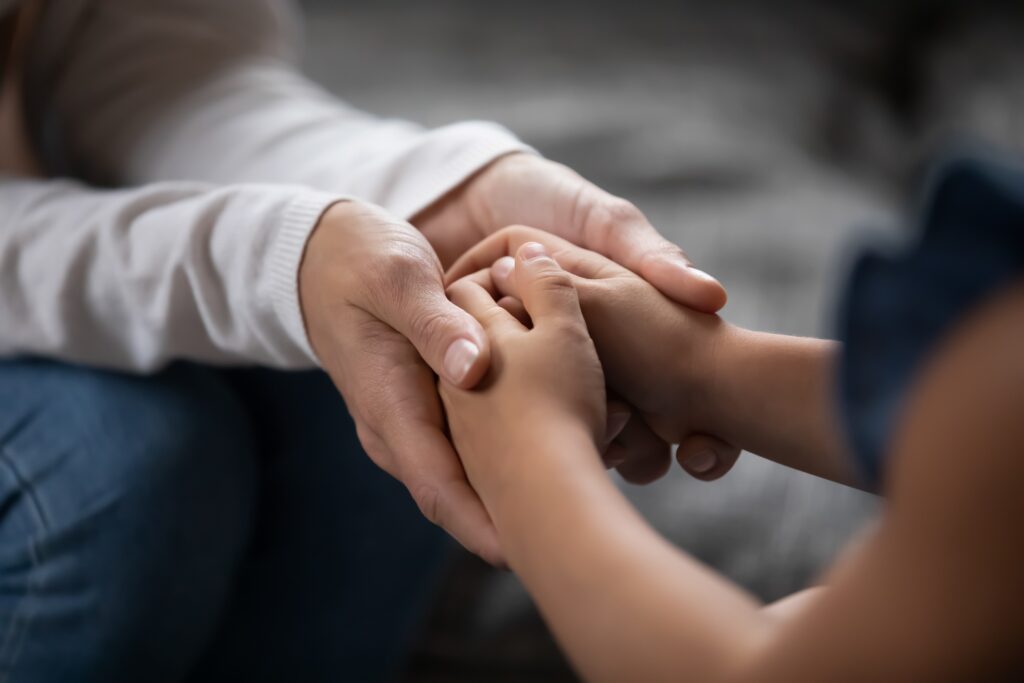
Thank you to our supporters for your unwavering commitment to ending homelessness – your community spirit and generous donations are making a life-changing difference – and to our service delivery partners across the health, justice, education and community sectors for your essential role in helping deliver integrated, wraparound support for our clients.
Alfred Hospital
Better Health Network
Bolton Clarke
Brotherhood of St Laurence
Donald Fraser Family Fund, a giving fund of the APS Foundation
Cohealth
Court Services Victoria
Elizabeth Morgan House Aboriginal Women’s Service Inc
First Step
Good Shepherd
Holmesglen Institute
Housing First
Justice Connect
Kangan Institute
Mind
Monash Health
Neami
Neighbourhood Justice Centre
Ngwala
Northern Health
Royal Women’s Hospital
St Vincent’s Hospital Melbourne
The Orange Door
The Royal Melbourne Hospital
The Salvation Army
Unison
Uniting Vic/Tas
VACCA
VACSAL
VAEAI
VincentCare
WAYSS
Thank you to the Victorian Government, Federal Government and Local Governments, our vital partners helping to end homelessness in Melbourne.
Our impact was made possible with the generous support of our philanthropic and corporate partners:


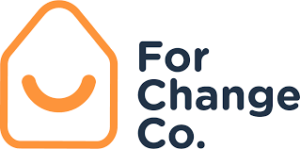
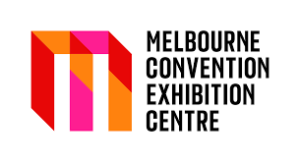
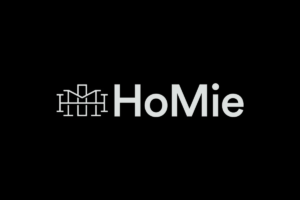


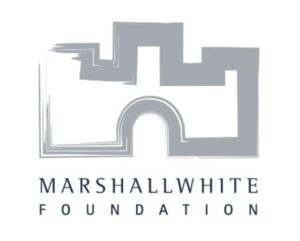

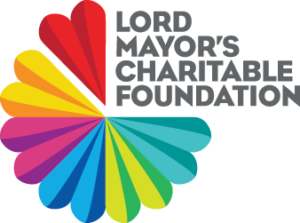
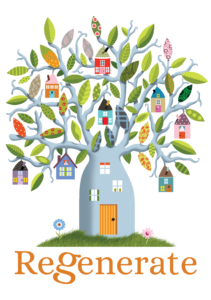
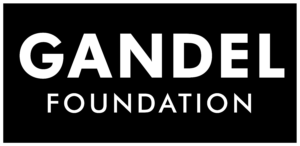
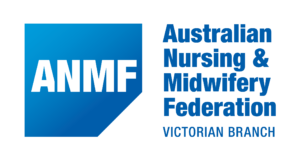
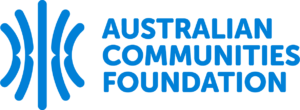
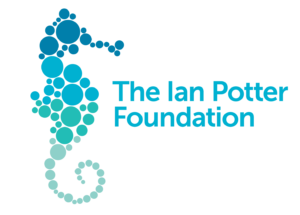
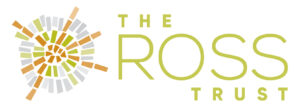



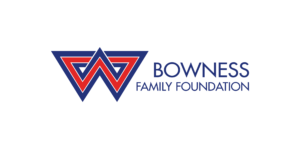
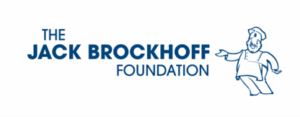
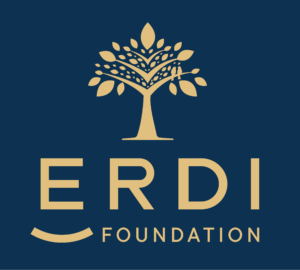
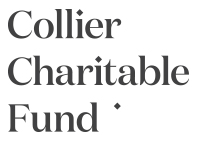
Andrew McDougall & Frances Ilyine Foundation
APS Foundation
Barb & Louis Delacretaz
Bowness Family Foundation
Brian M Davis Charitable Foundation
Catherine Velisha
Collier Charitable Fund
Coonan Family Fund, a giving fund of the APS Foundation
Debbie Jacobs
Erdi Foundation
Fade to Black Foundation
Goldsmith Family Foundation
Helen and Mark Johnson
John & Jo Grigg
John and Maadi Einfeld Fund, Kapscalu Rejenerative Fund, RO Fund and Vanraay Family Fund, sub-funds of Australian Communities Foundation
Junola Foundation
Kerry Landman
Mark Boughey
Mazda Foundation
Metro Trains Melbourne
Paul Ramsay Foundation
Percy Baxter Charitable Trust
Peter and Ann Robinson Foundation
Richard Oliver
Sirius Foundation
The Arthur Gordon Oldham Charitable Trust, managed by Equity Trustees
The Blueshore Charitable Trust
The Bowden Marstan Foundation
The Brian & Virginia McNamee Foundation
The Chrysanthemum Foundation
The Elizabeth and Barry Davies Charitable Foundation
The Flora & Frank Leith Charitable Trust
The Gething-Sambrook Family Foundation
The Gray Family Charitable Trust
The Jack and Ethel Goldin Foundation
The Jack and Hedy Brent Foundation
The Jack Brockhoff Foundation
The Orloff Family Foundation
The Ross Trust
William Angliss Charitable Fund
Zig Inge Foundation
